On the morning of May 19, the Group of Seven (G7) Summit officially opened with the G7 leaders visiting the Hiroshima Peace Memorial Museum (Japan).
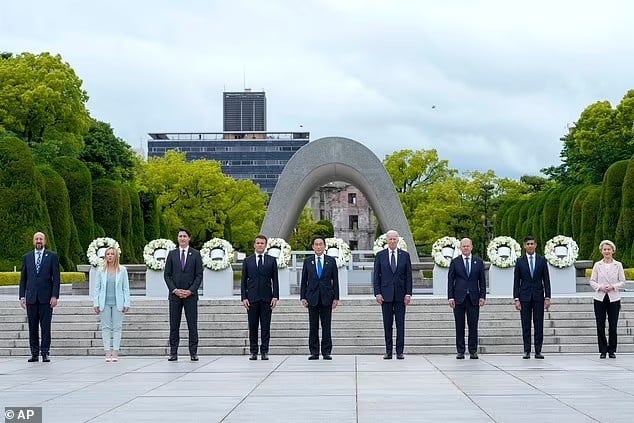 |
| Leaders of the G7 and EU countries took a commemorative photo at the memorial at the Hiroshima Museum on the morning of May 19. |
This is the first time all G7 leaders, including the three nuclear powers of the US, UK and France, have visited the Hiroshima Memorial Museum, which preserves the aftermath of the US atomic bombing of the city on August 6, 1945.
The conference took place from May 19-21, bringing together leaders from seven countries and the European Union (EU), including US President Joe Biden, French President Emmanuel Macron, German Chancellor Olaf Scholz, British Prime Minister Rishi Sunak, Italian Prime Minister Giorgia Meloni, Canadian Prime Minister Justin Trudeau, host country Japanese Prime Minister Fumio Kishida, President of the European Council Charles Michel and President of the European Commission Ursula von der Leyen.
In addition, the event was attended by leaders of major organizations including the United Nations, the International Energy Agency (IEA), the International Monetary Fund (IMF), the Organization for Economic Cooperation and Development (OECD), the World Bank (WB), the World Health Organization (WHO) and the World Trade Organization (WTO).
Prime Minister Kishida stressed the need for G7 leaders to witness firsthand the consequences of using atomic bombs.
He set the issue of nuclear disarmament as the main topic on the agenda of this G7 summit, considering it the starting point for all future nuclear disarmament efforts.
Prime Minister Kishida declared that the world is witnessing major crises that are shaking the foundations of the international order.
Therefore, the goal of this conference is to strengthen the international order based on the rule of law, demonstrate the G7's strong determination to protect this order, and oppose the use of nuclear weapons and the use of force to change the status quo.
Regarding some expected contents in the statement at the G7 summit on May 19, some diplomatic sources said that Japan is working to include content mentioning the importance of expressing concerns directly to China.
G7 leaders are expected to highlight the need to ensure peace and stability regarding the Taiwan issue, and oppose any “unilateral attempts to change the status quo by force or coercion.”
As for Russia, G7 leaders are likely to demonstrate a commitment to maintaining tough sanctions, as well as addressing Moscow's sanctions evasion through third-party countries.
In a separate document focusing on Ukraine, G7 leaders are expected to pledge to take all necessary steps to bring lasting peace to the Eastern European country.
Source



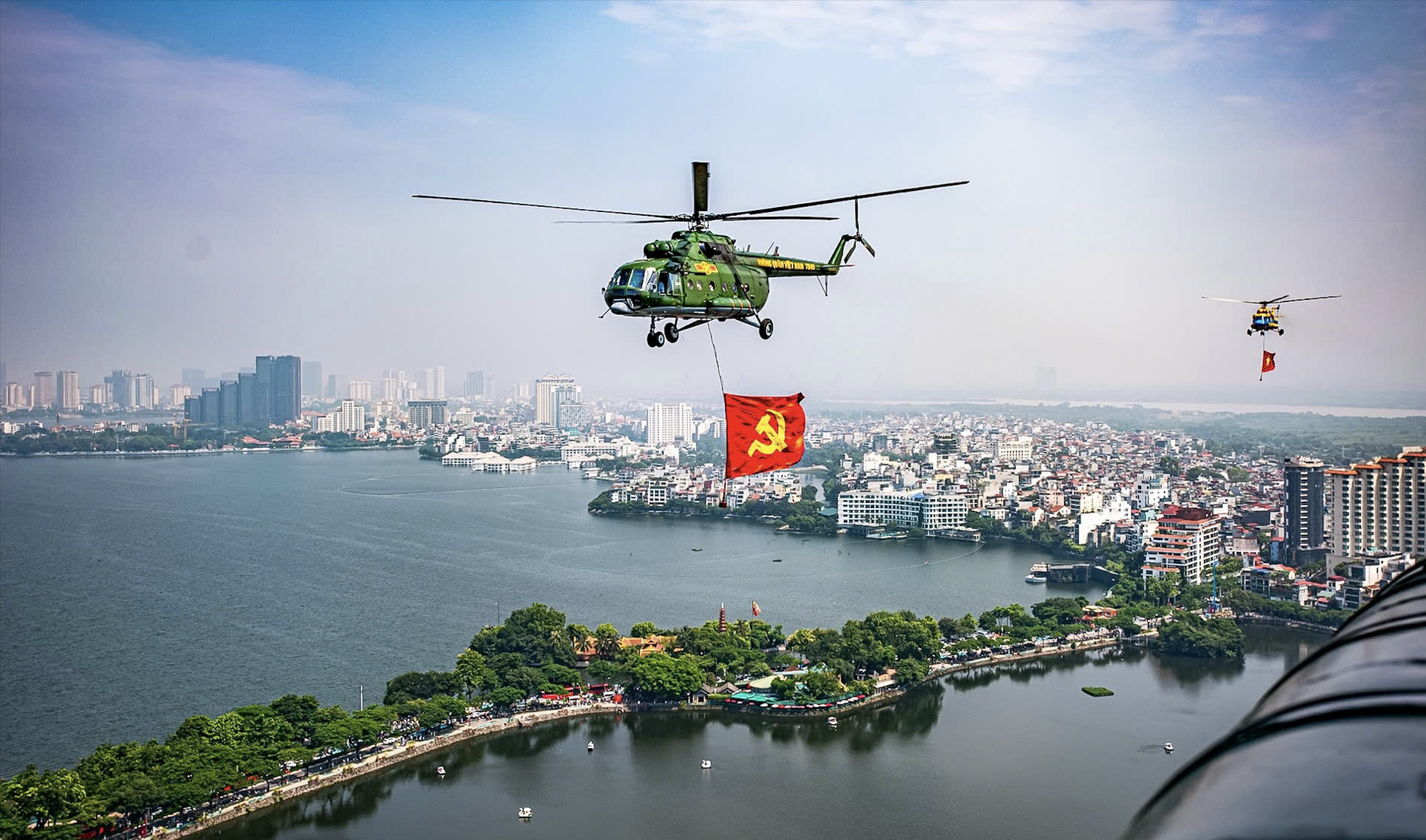
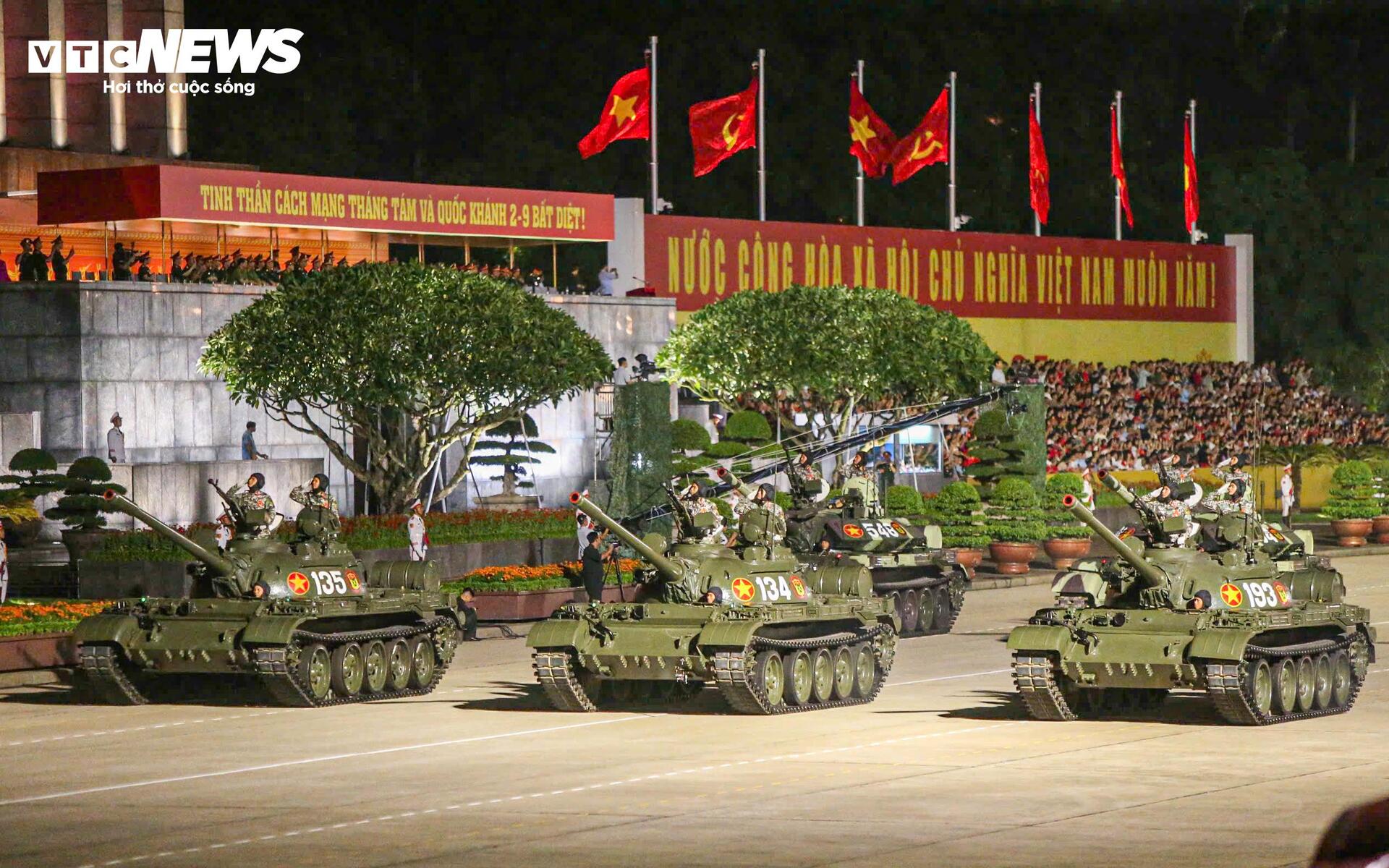
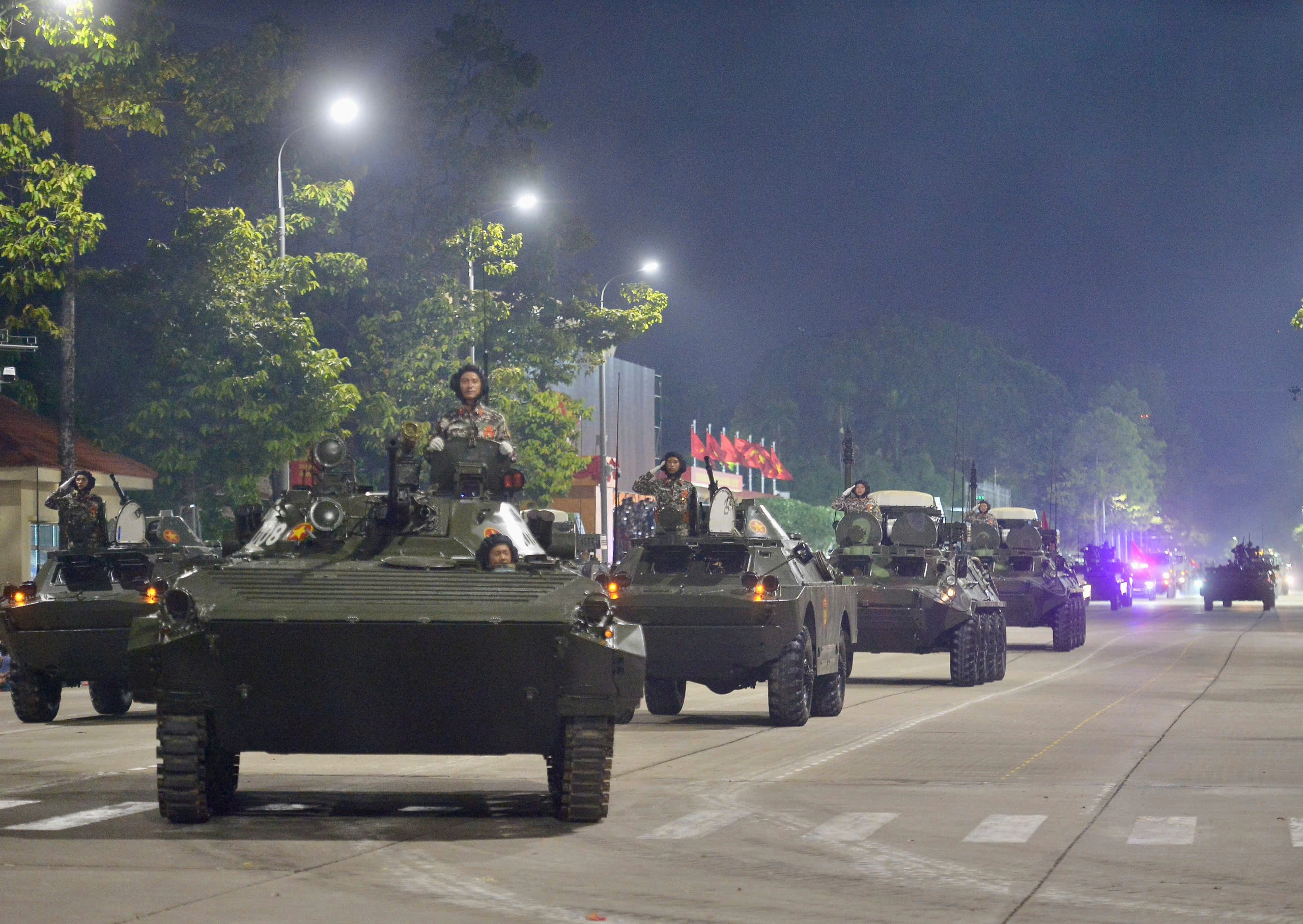
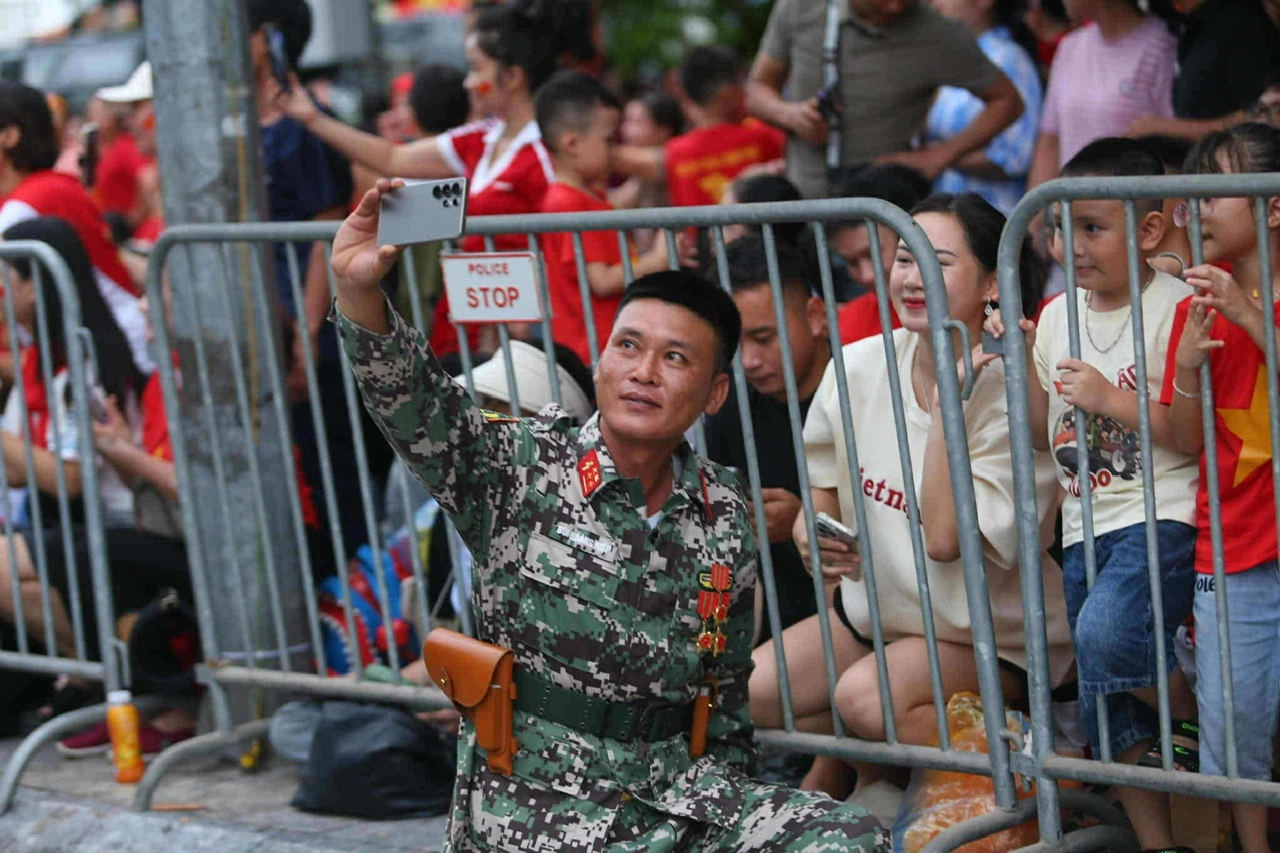
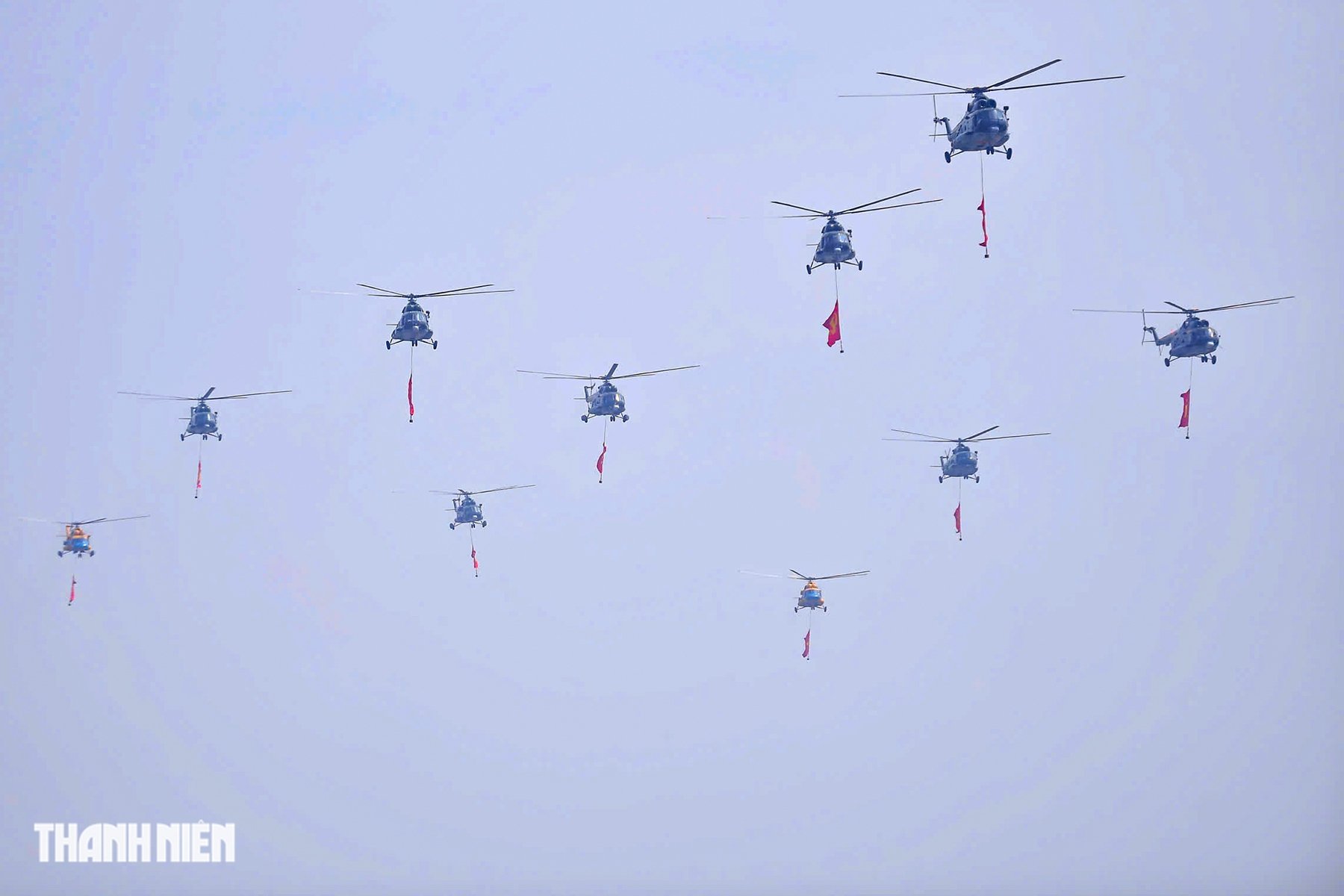
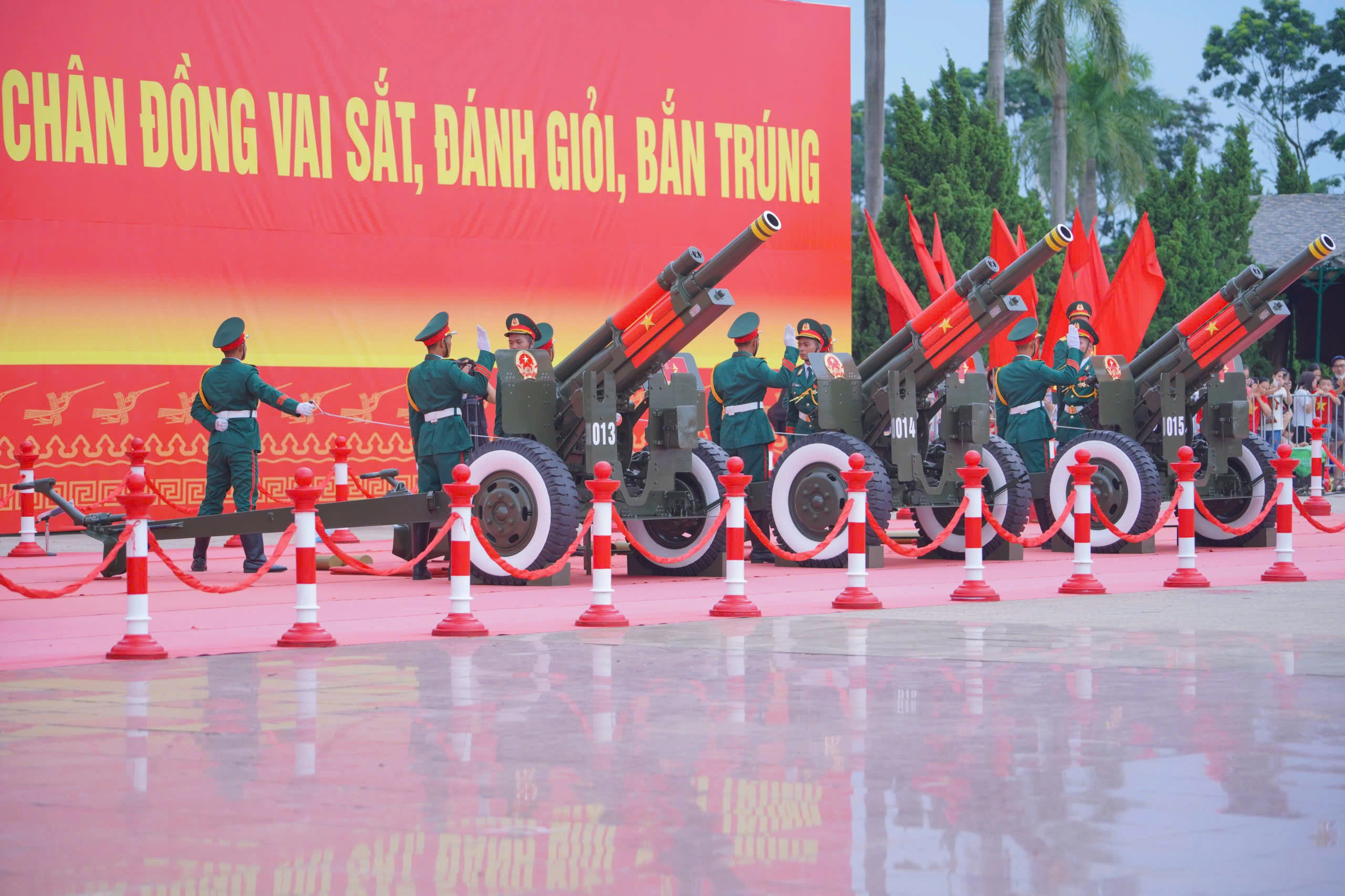


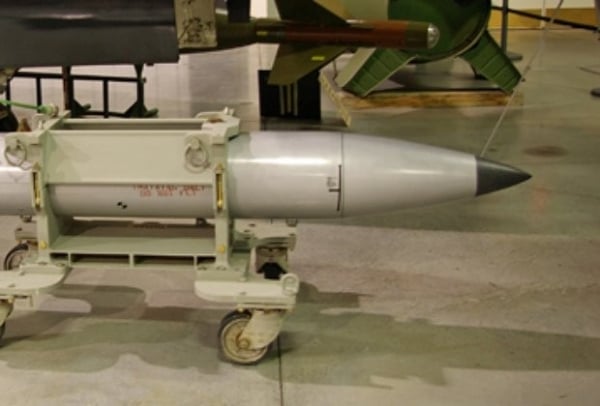

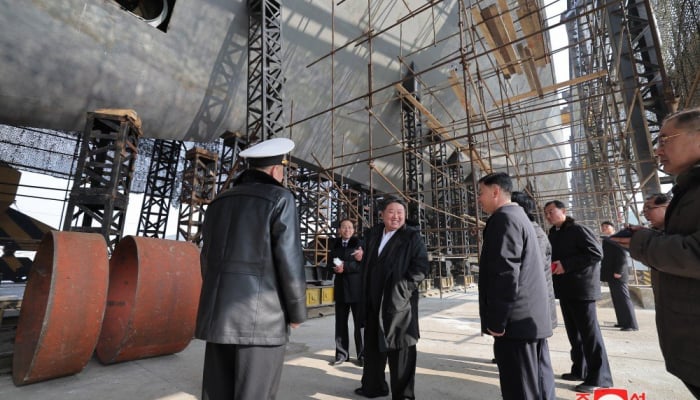

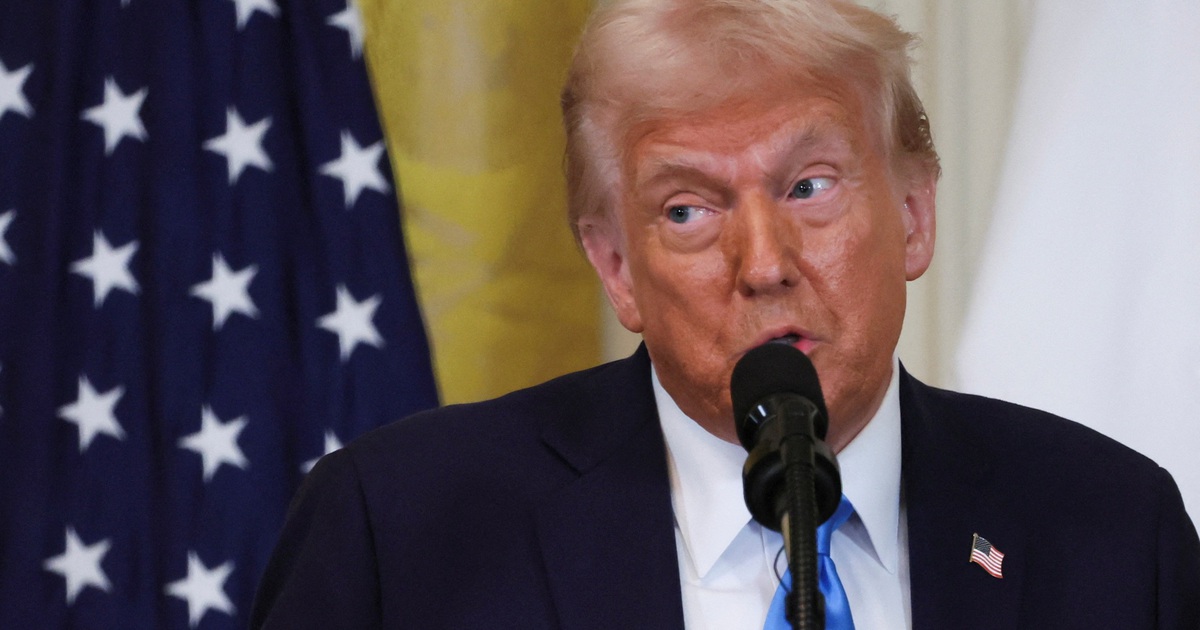

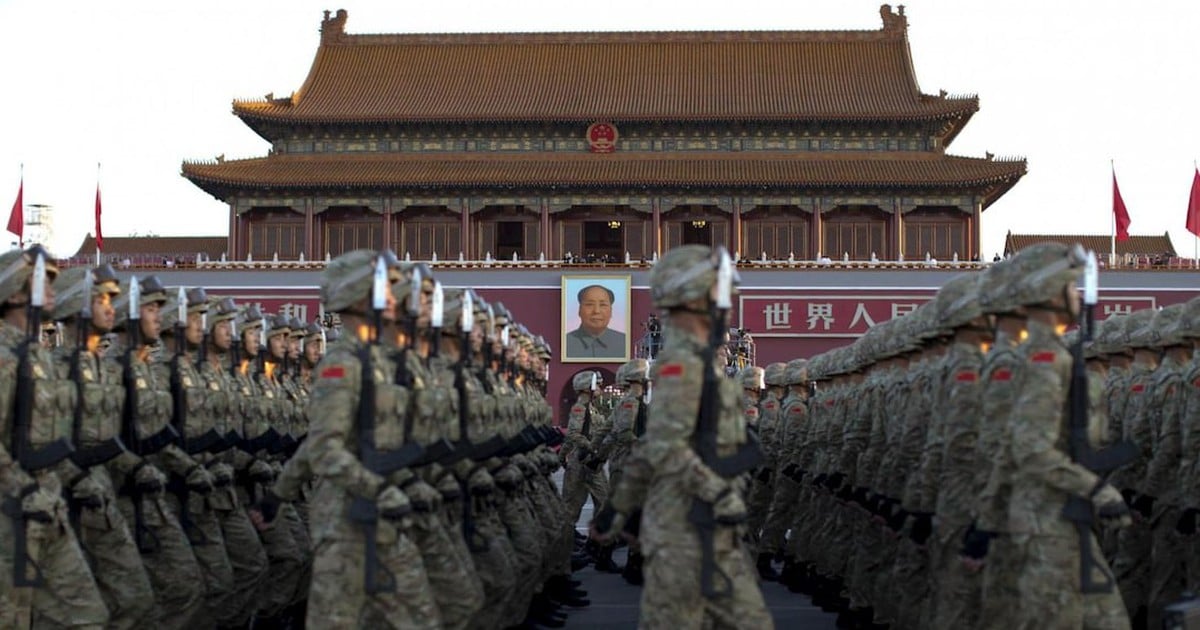
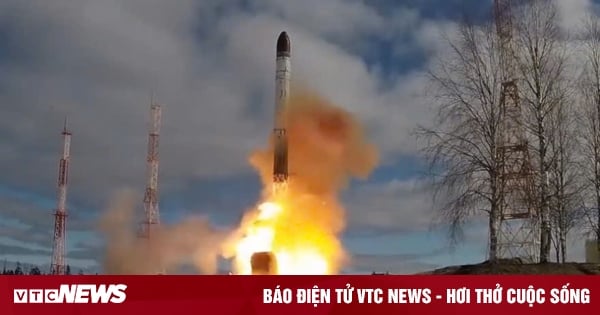

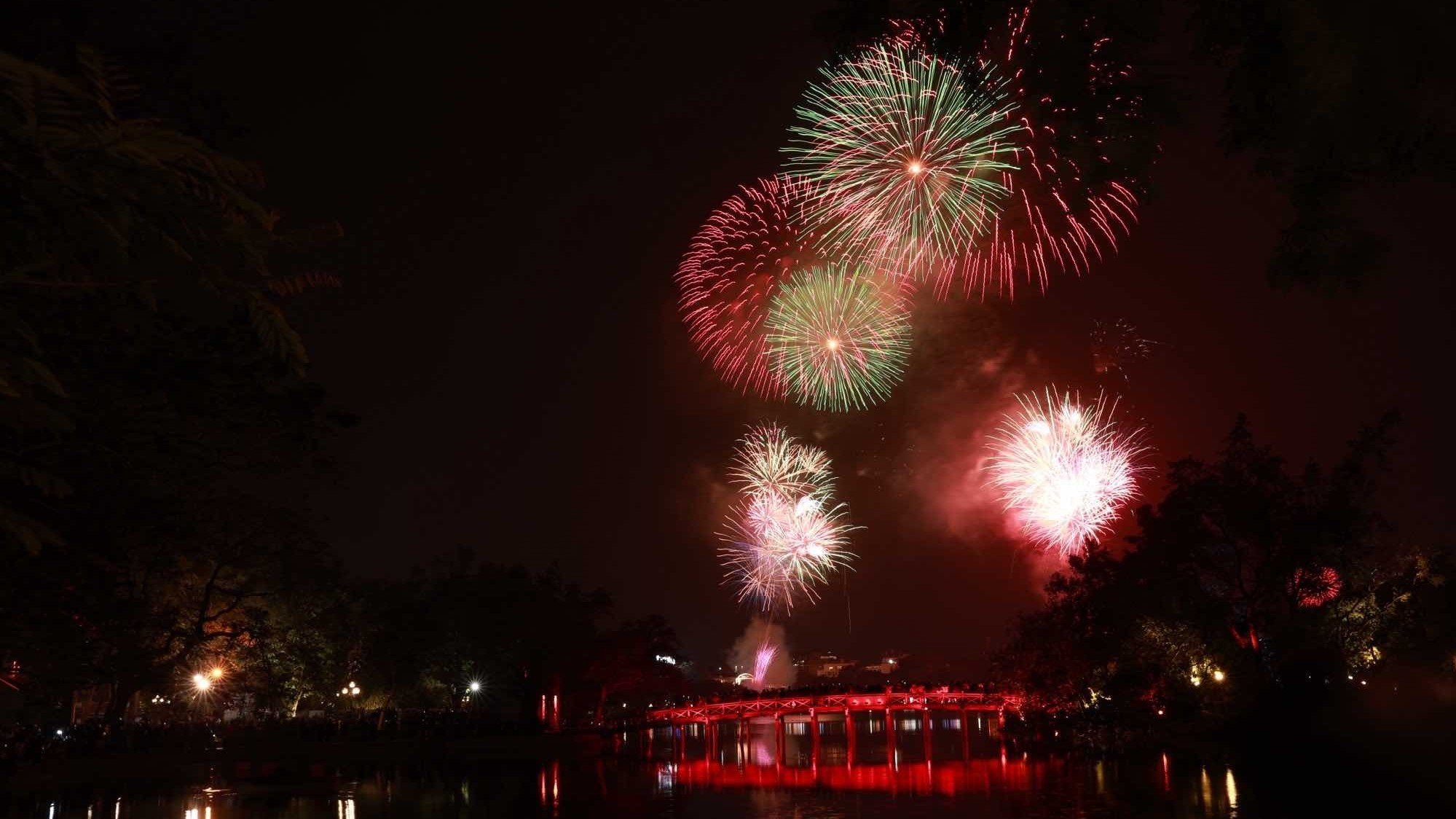

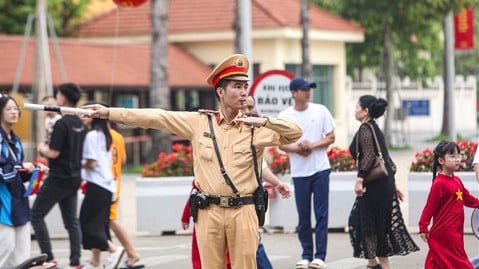
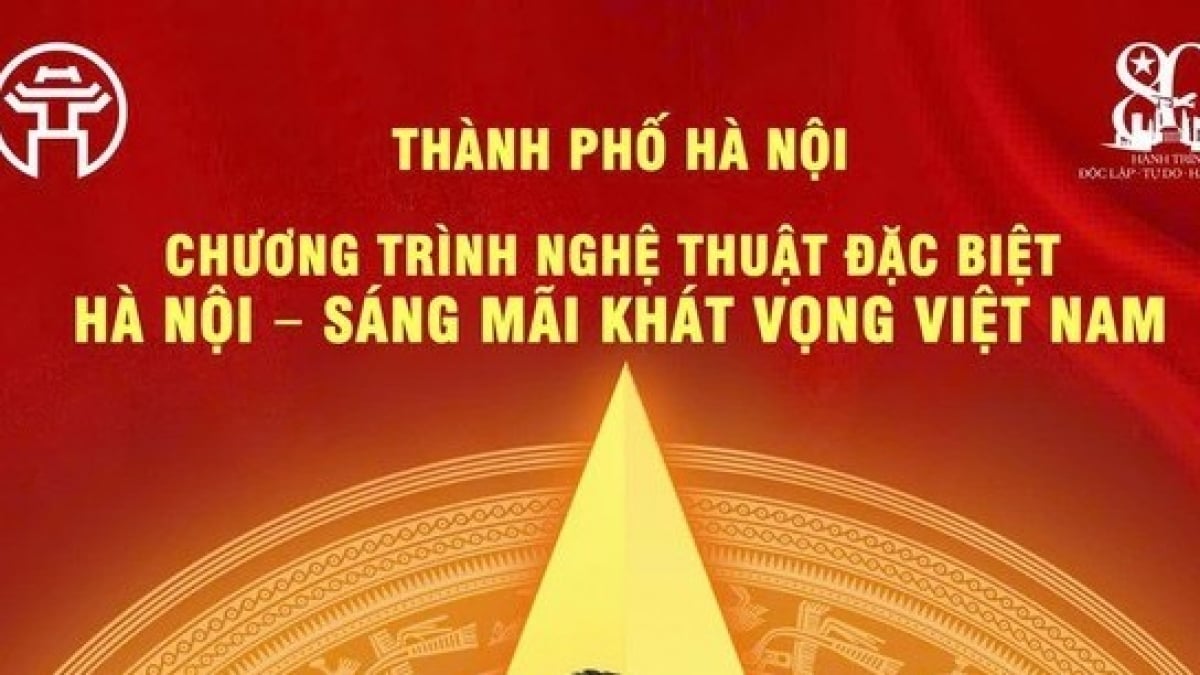
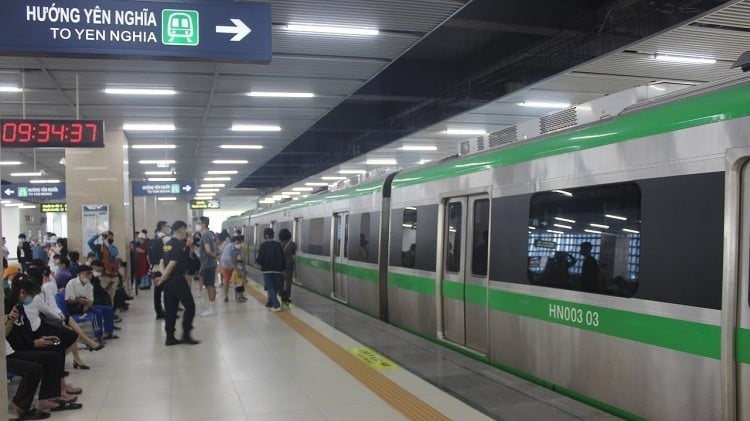
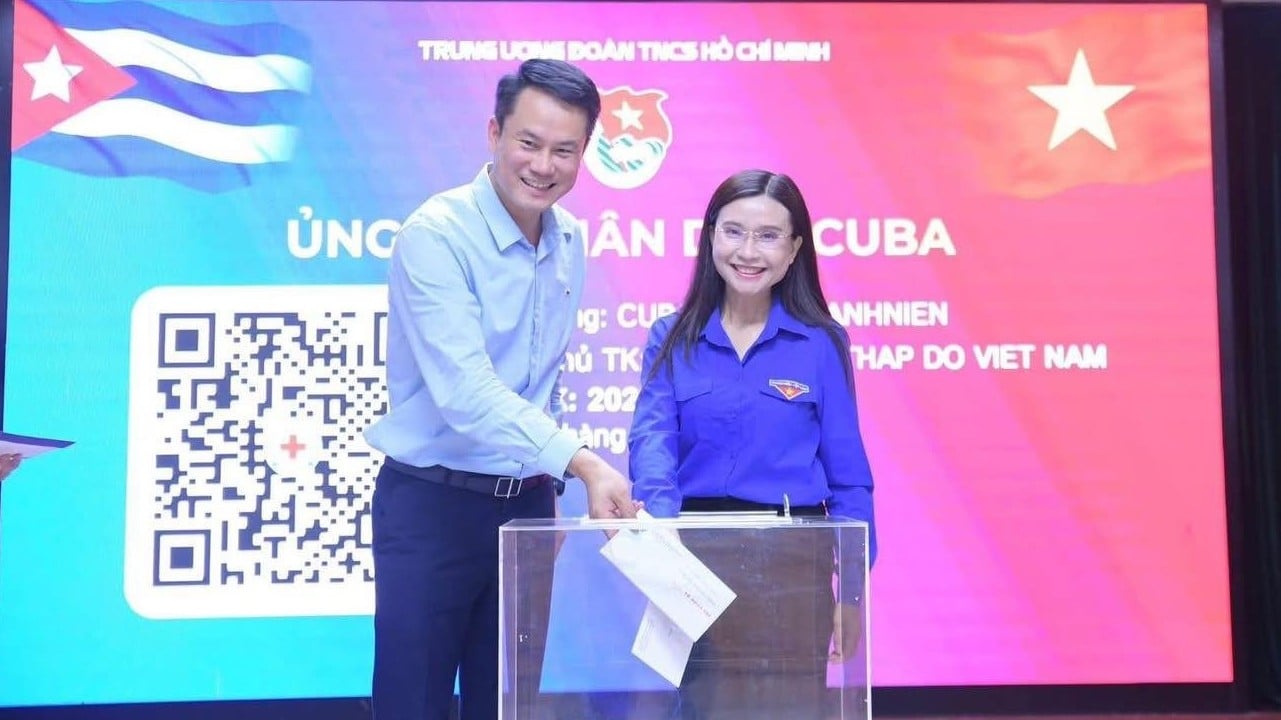
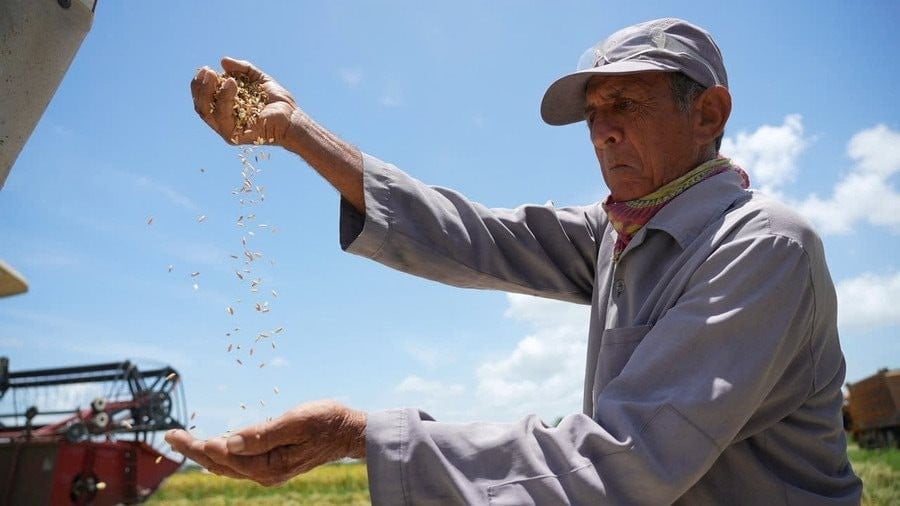




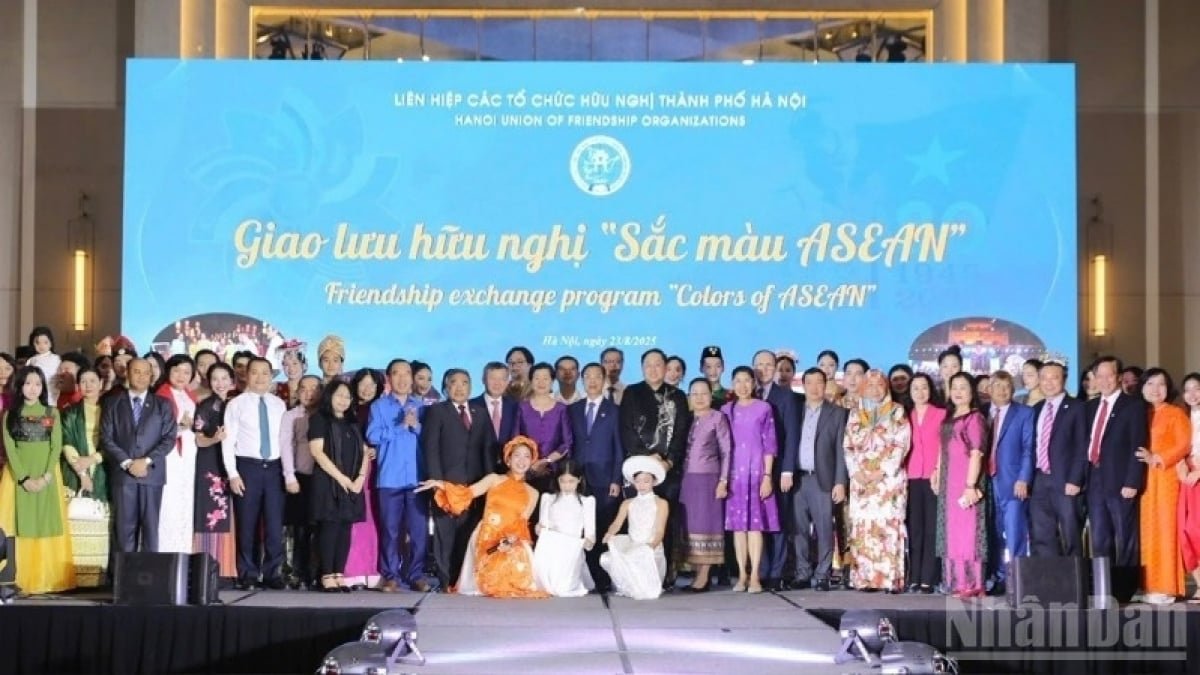
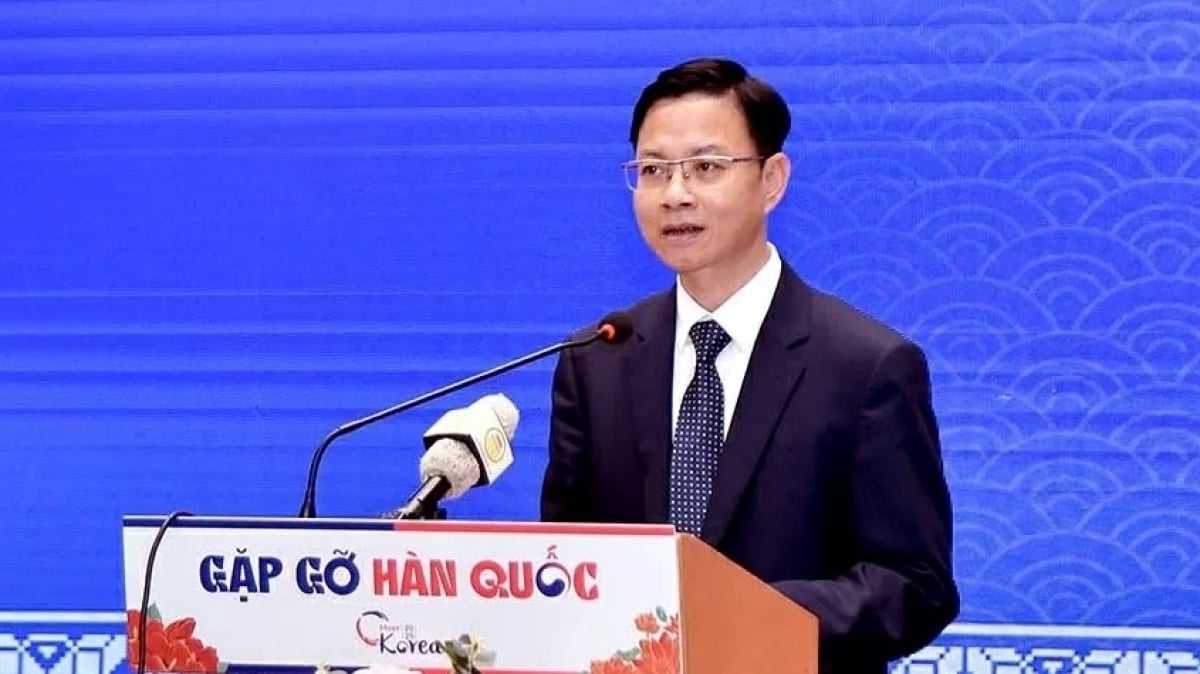
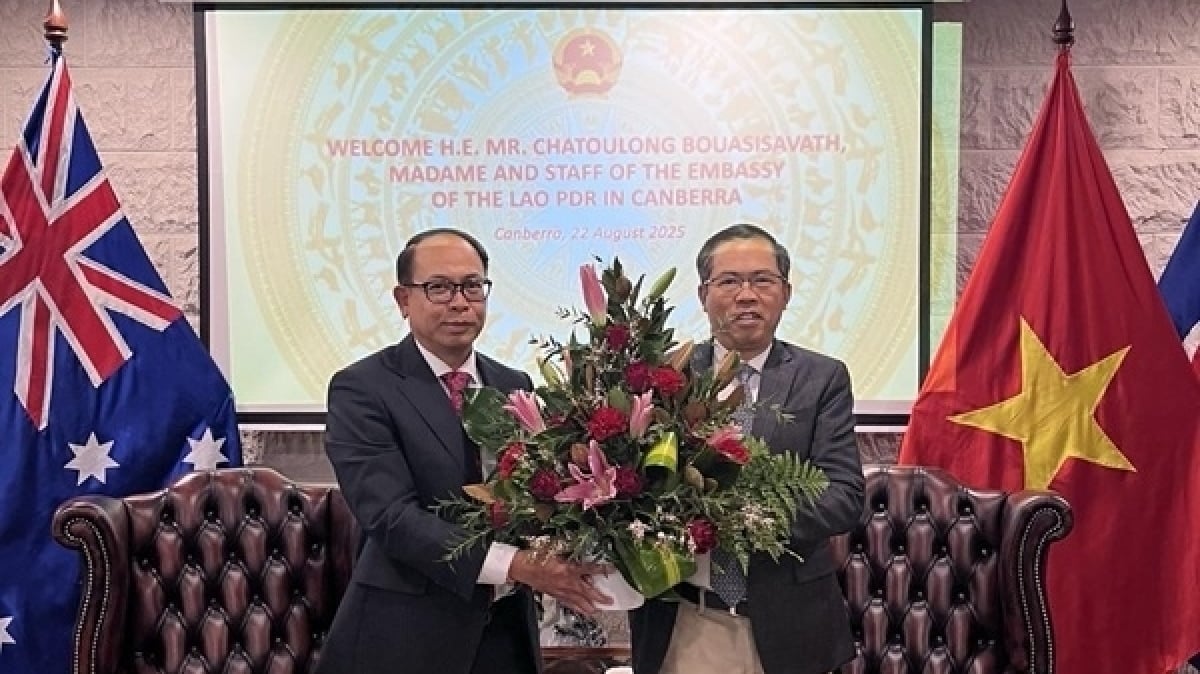
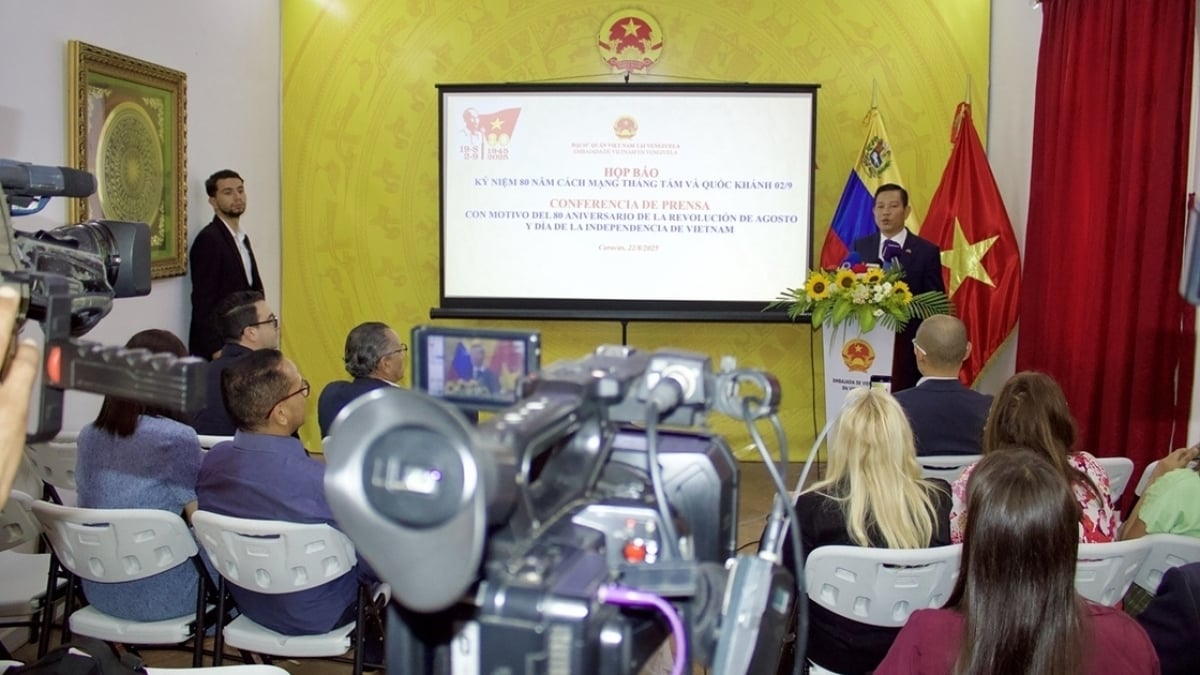
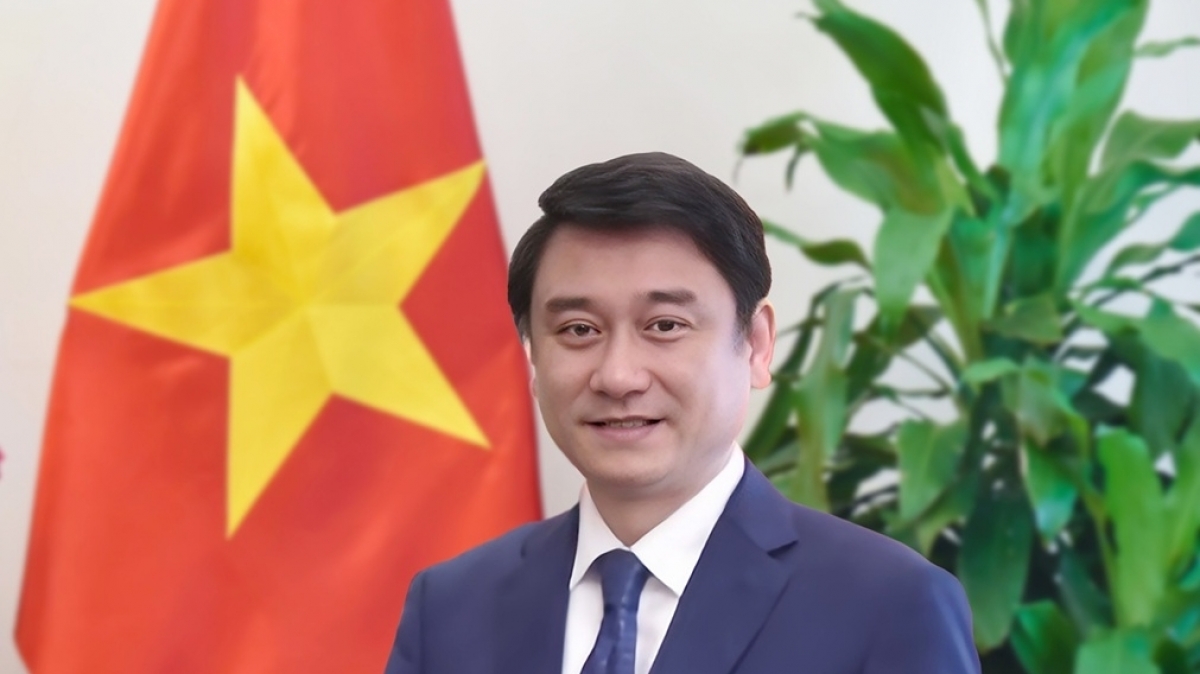
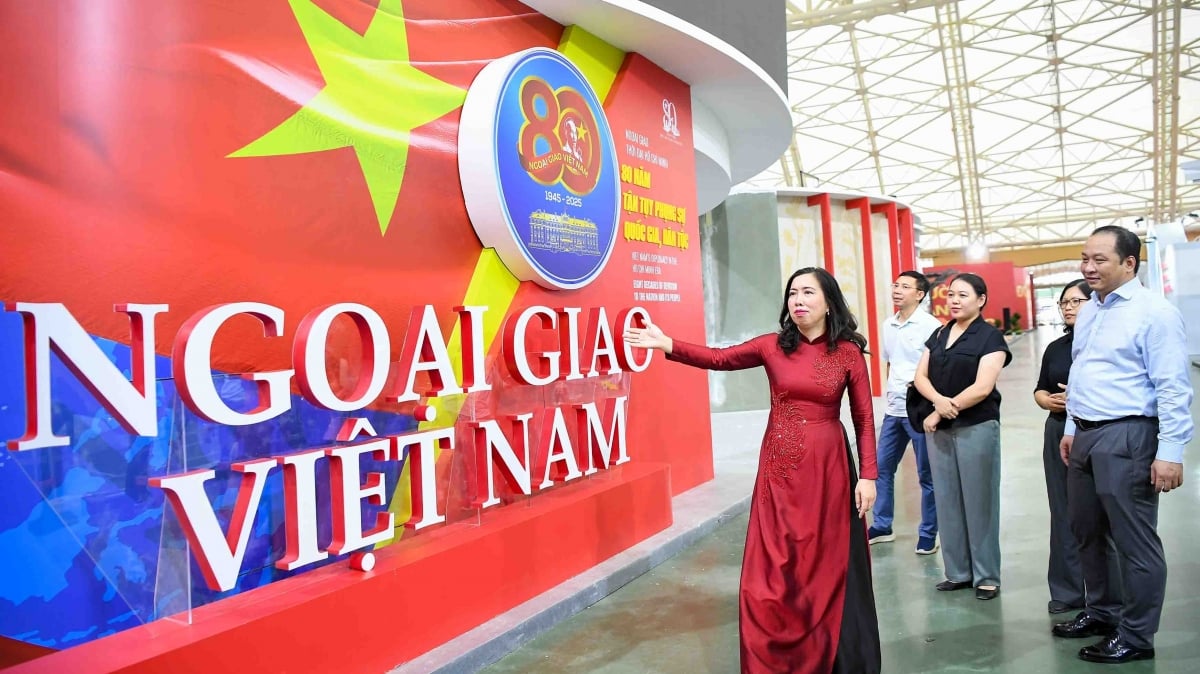












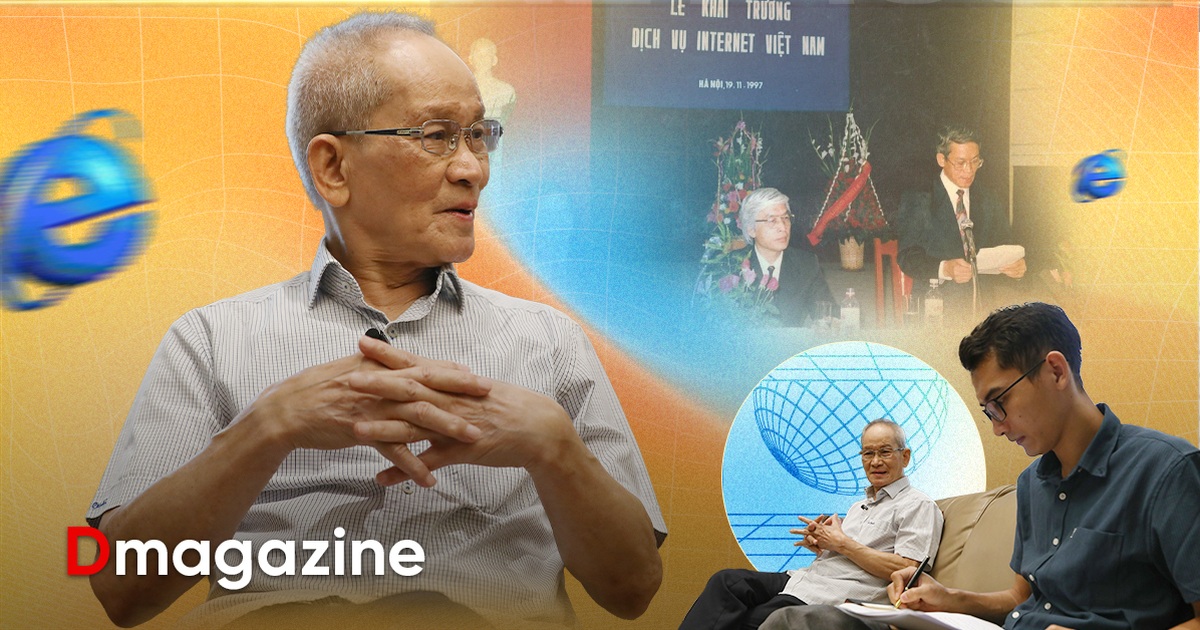


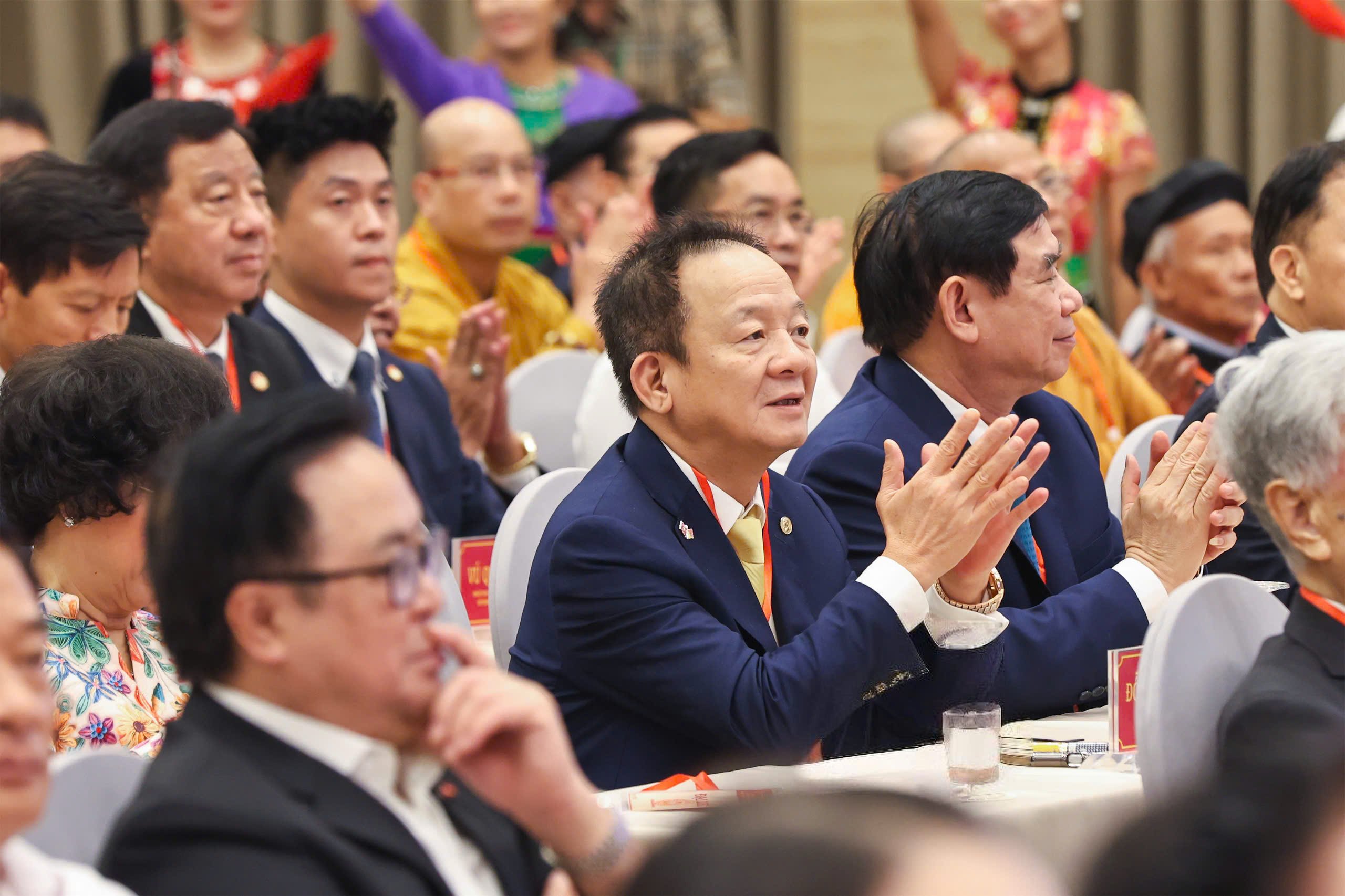












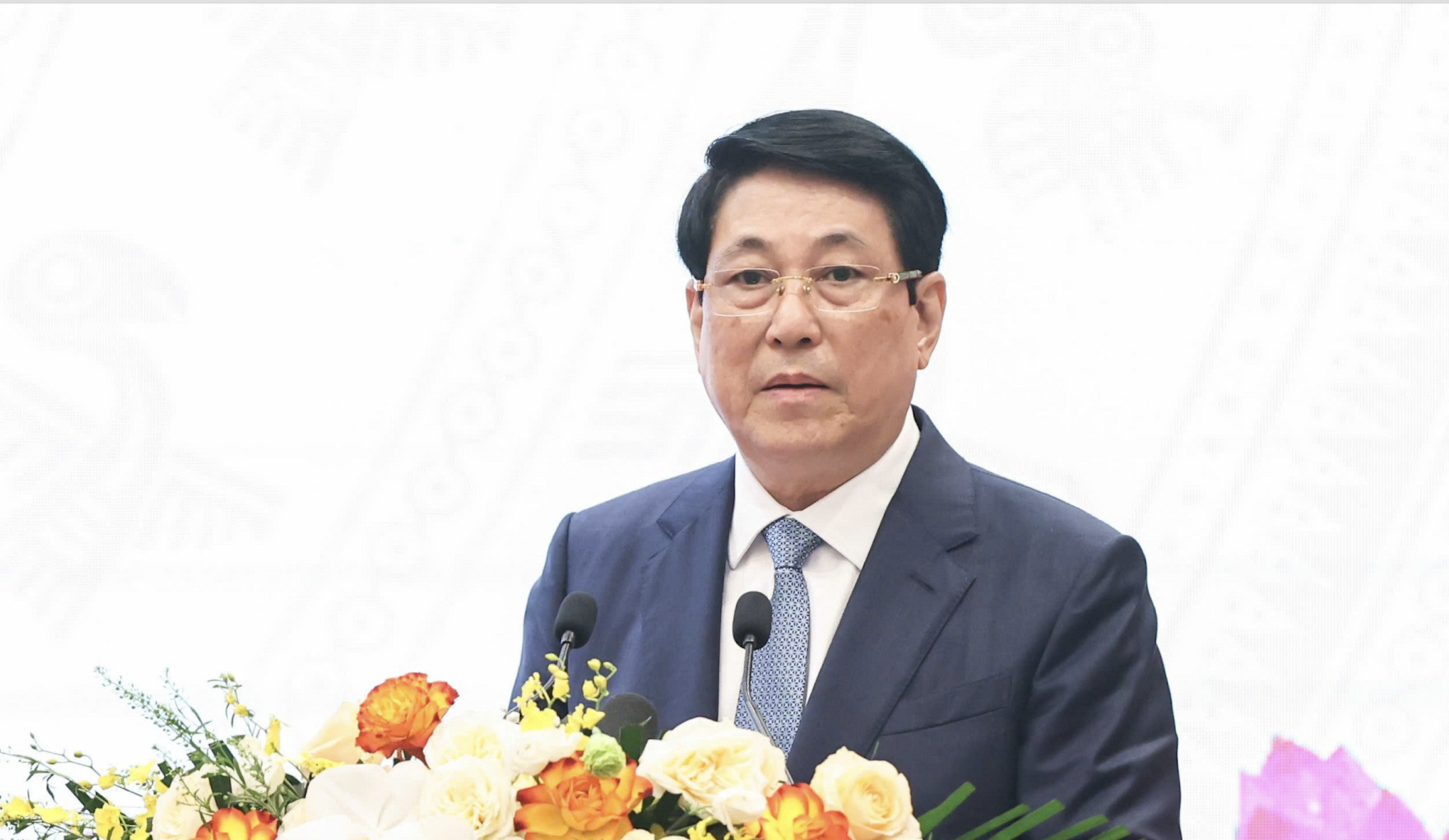








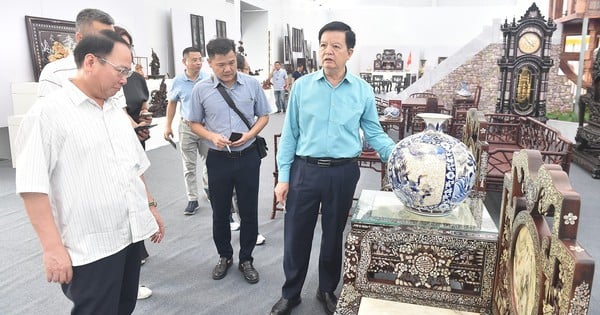










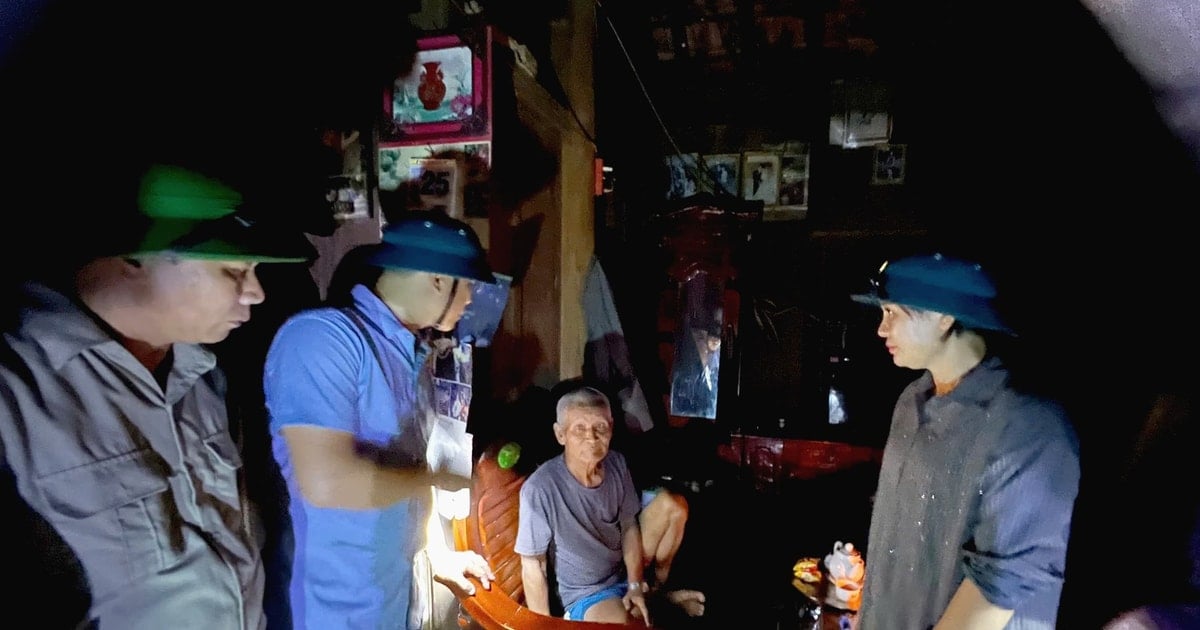



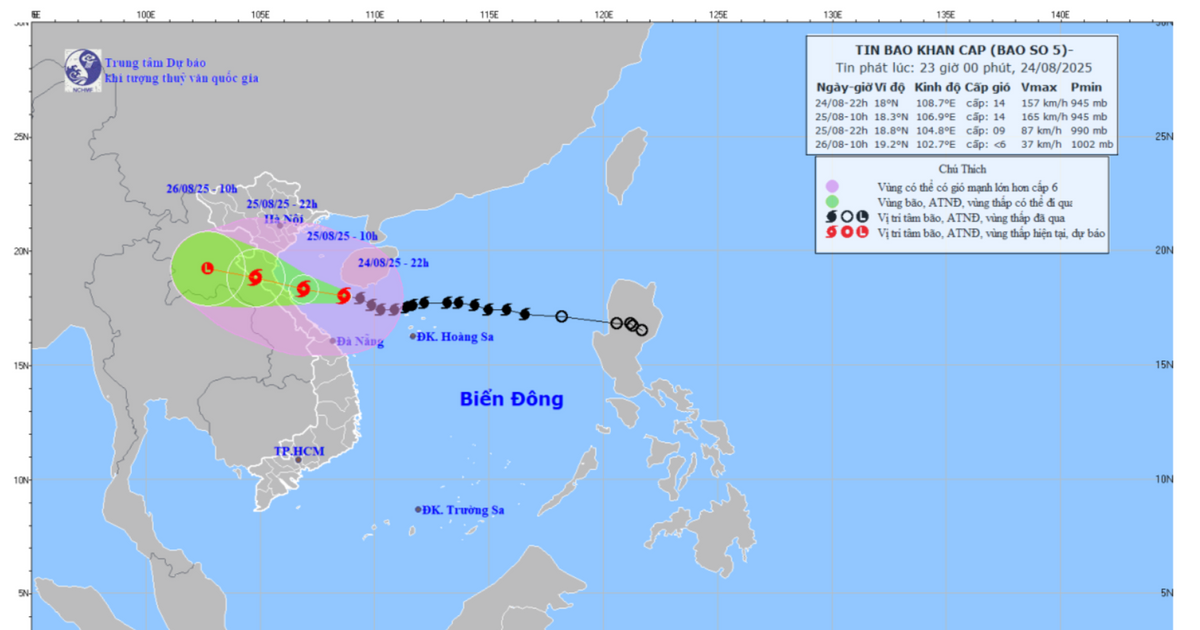
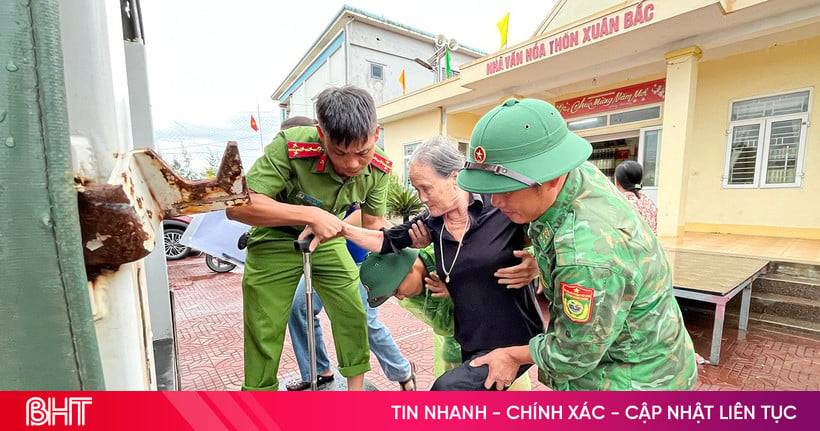

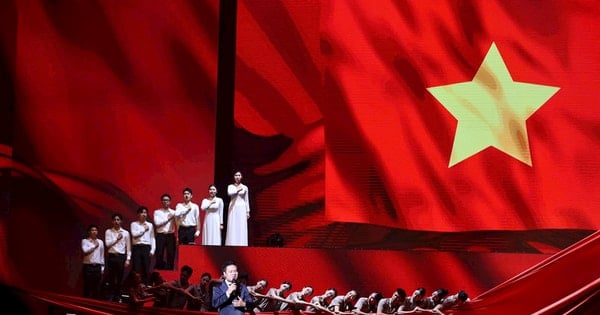
















Comment (0)